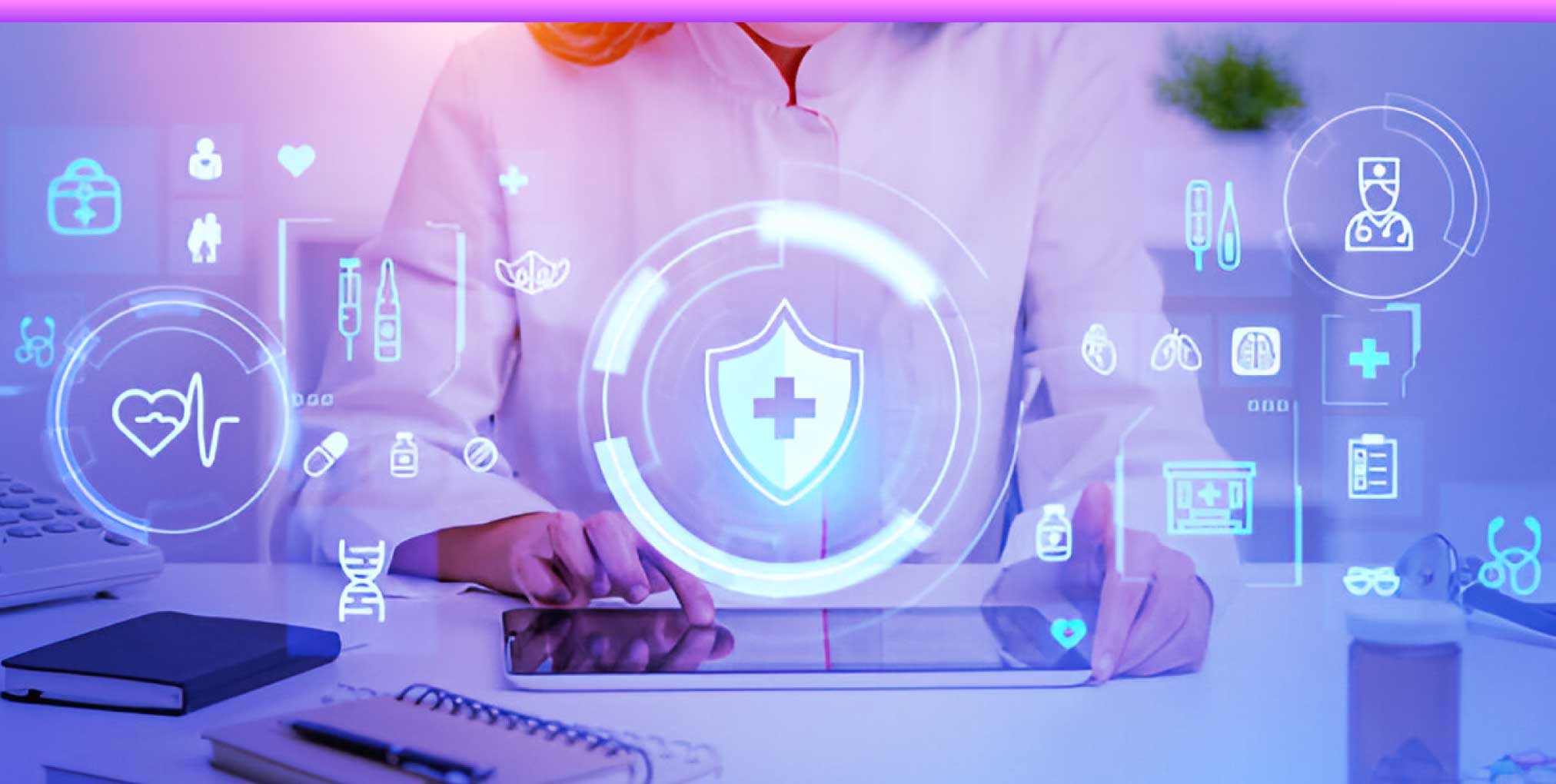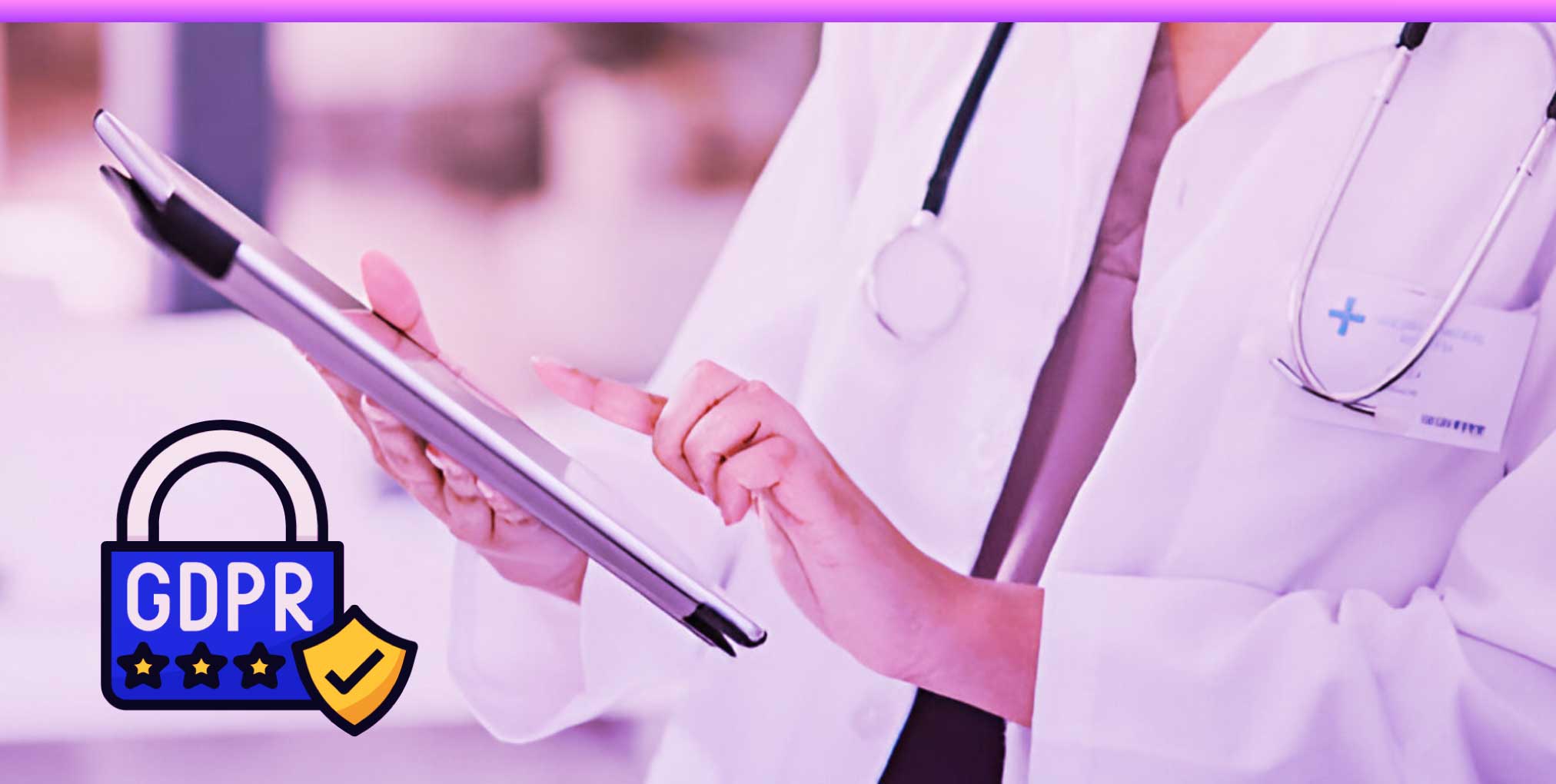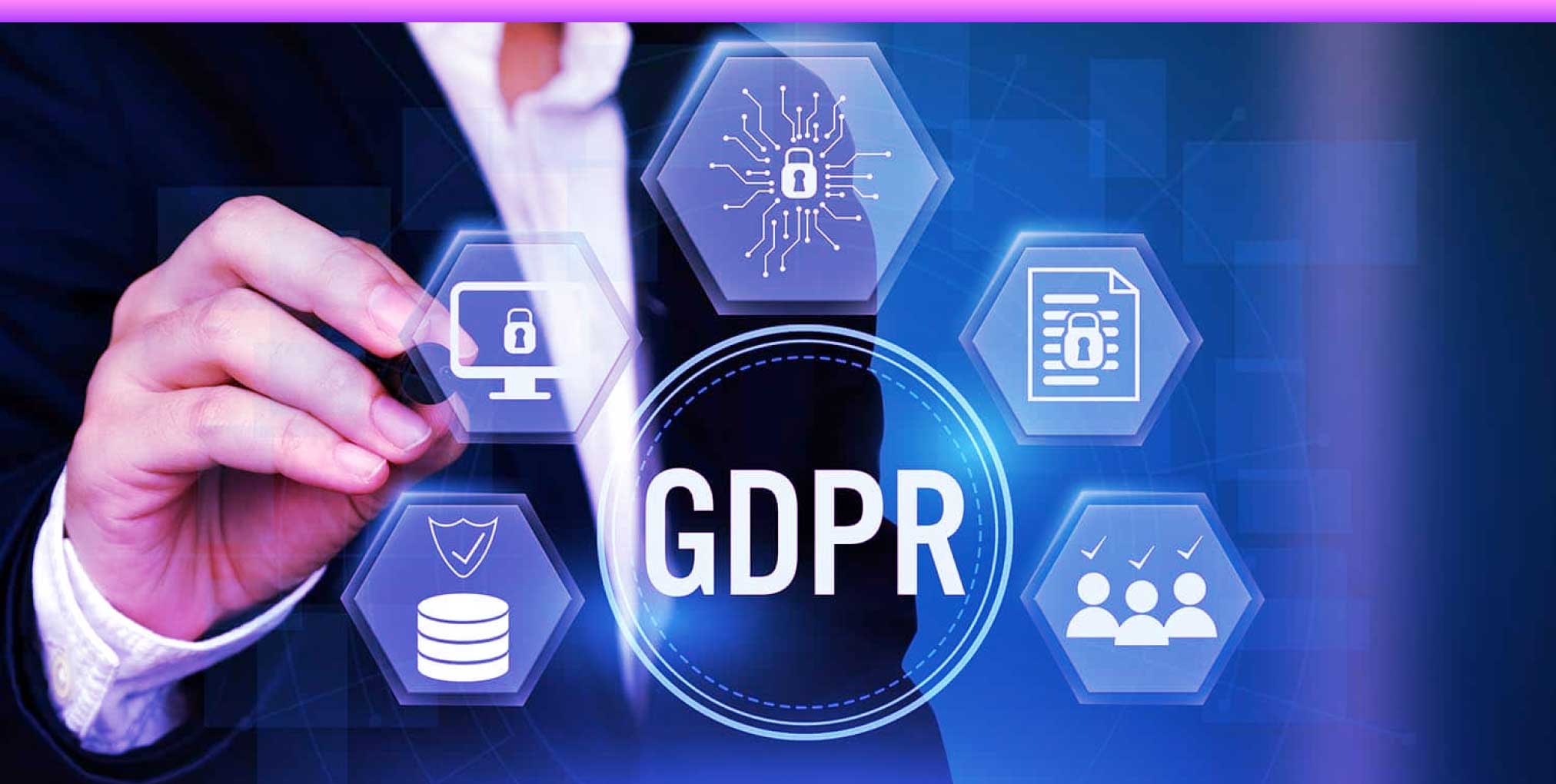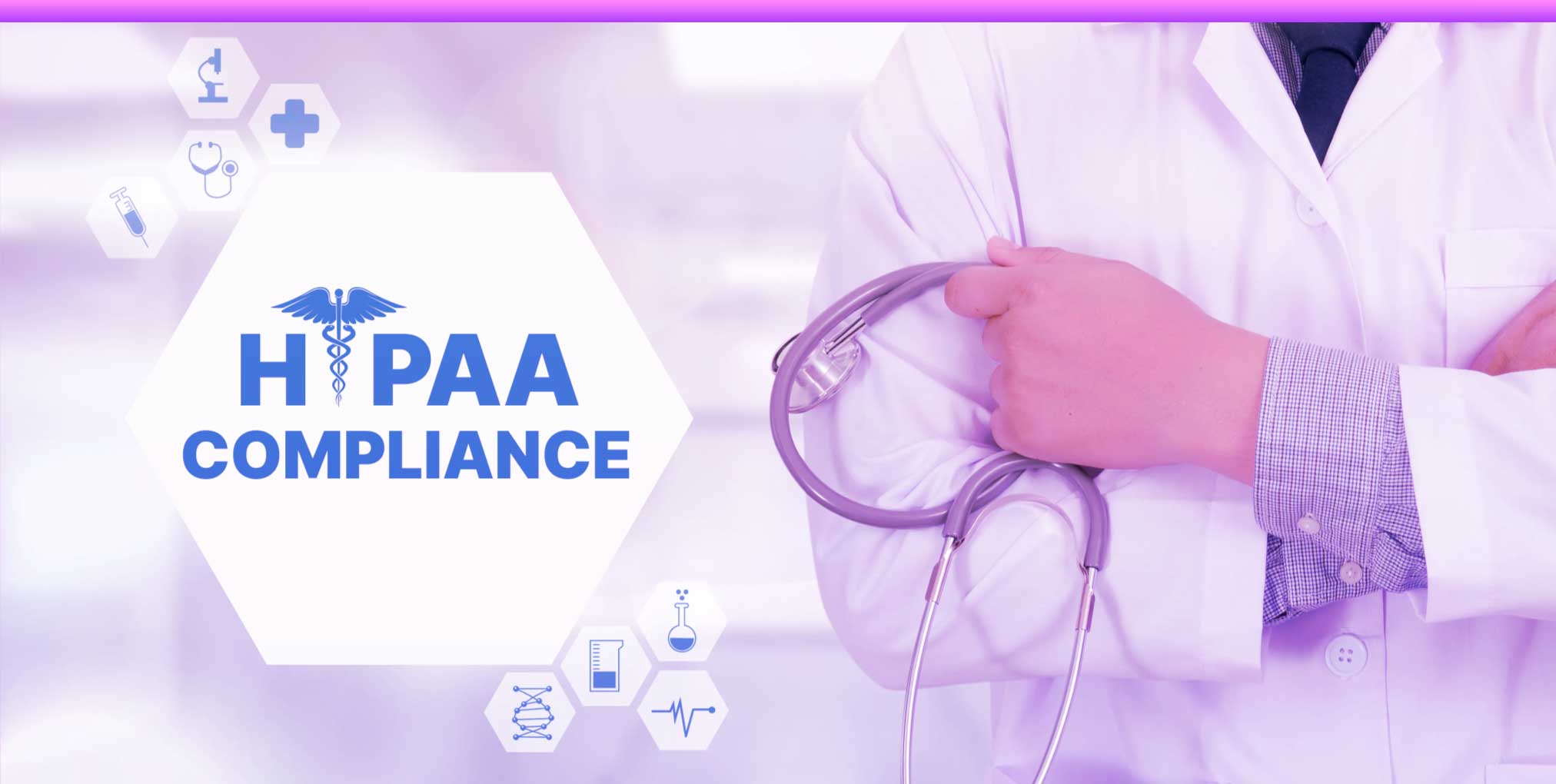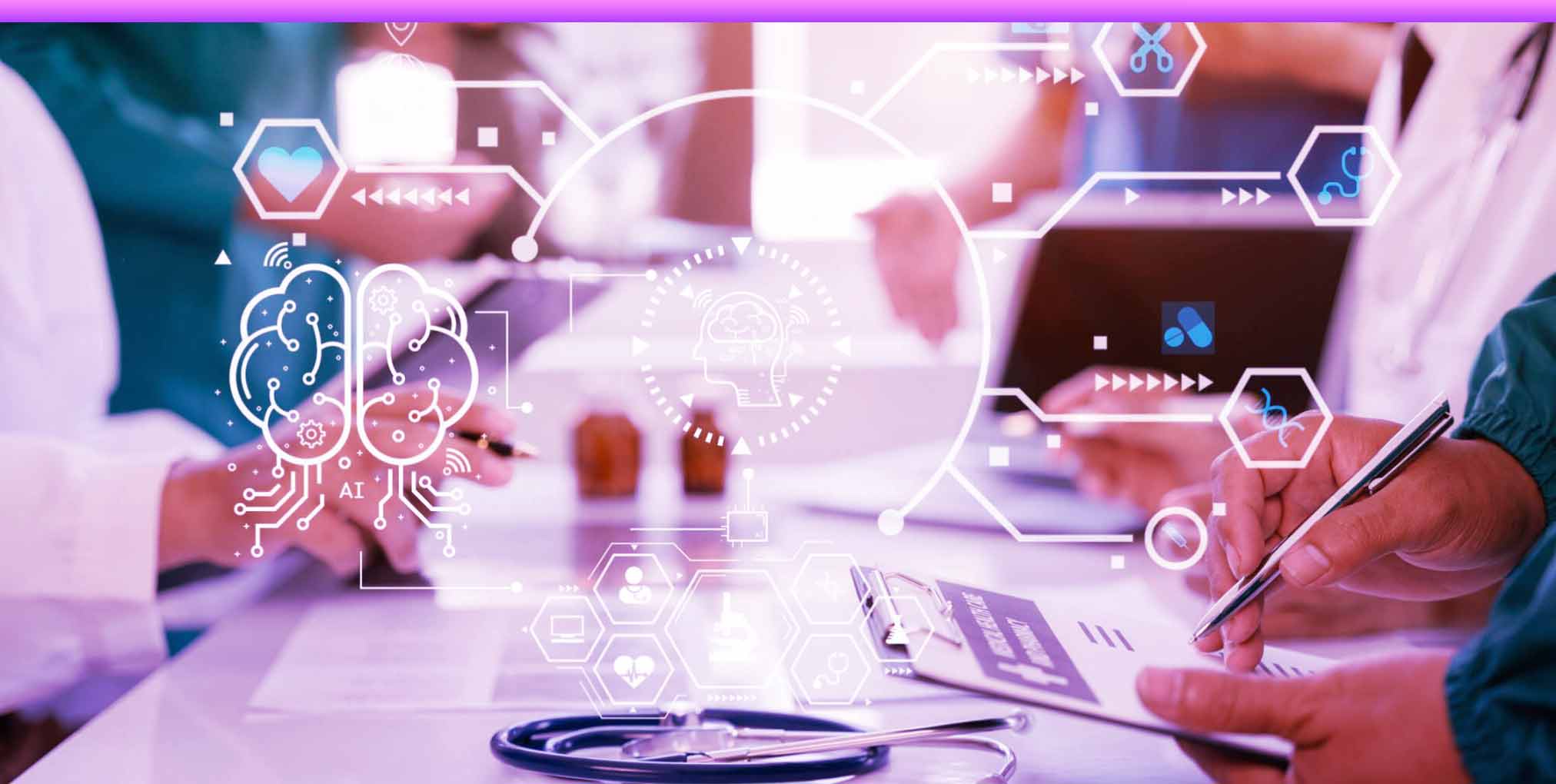

January 9, 2024
Practical applications of NLP in Healthcare: enhancing the value of electronic data
Advancements in Natural Language Processing (NLP) are revolutionizing healthcare. As NLP capabilities expand, so do its applications across the patient journey. By 2027, the global NLP healthcare market is projected to reach $7.2 billion, growing at an incredible pace of 20.5% each year.
From diagnosis to recovery, NLP touches every aspect of care. There are many NLP Applications in healthcare. ML models use NLP to gain insights from clinical notes, prescriptions, etc. This data provides a window into a patient’s full healthcare experience. By understanding the patient’s voice, healthcare natural language processing helps improve quality and access to care.
Healthcare providers also benefit. NLP extracts meaning from unstructured text like medical records. It identifies topics, sentiments, and relationships without human intervention. With these insights, providers can enhance efficiencies, outcomes, and decision-making. NLP even helps governments and organizations optimize medical services across entire regions.
Top 12 Applications of NLP in Healthcare
NLP is being used in a variety of ways to improve healthcare. Here are a few applications of NLP in healthcare:
1: Clinical Assertion Model
This NLP model identifies and extracts clinical assertions from medical records. Clinical assertions are statements about a patient’s health. Statements like “The patient has diabetes” or “The patient is taking metformin.” Clinical assertion models can help improve the accuracy and completeness of natural language processing medical records. We can also use them to develop new clinical decision-support tools.
2: Clinical DE identification Model
This healthcare NLP model removes personally identifiable information (PII) from medical records. PII includes information such as a patient’s name, address, and date of birth. Clinical DE identification models are used to protect patient privacy. At the same time, medical records are shared with researchers or other healthcare providers.
3: Clinical Entity Resolver
This NLP healthcare model identifies and links clinical entities in medical records. Clinical entities such as diseases, medications, and procedures are relevant to healthcare. Clinical entity resolvers can help to improve the interoperability of electronic health records. It makes it easier for healthcare providers to access and analyze patient data.
4: Clinical Named Entity Recognition General Model
This NLP model is used to identify named entities in medical records. Named entities are specific people, places, and things. These models can help improve medical coding and billing accuracy and efficiency. It can also be used to develop new clinical decision-support tools.
5: Clinical Relation Extraction Model
This NLP model extracts relationships between clinical entities in medical records. Clinical relation extraction models can help improve our understanding of disease progression. It helps identify potential drug interactions.
6: Financial Contract Named Entity Recognition

This NLP model is used to identify named entities in financial contracts. These models can help improve natural language processing in healthcare fraud detection accuracy and efficiency. We can also use them to develop new tools to help healthcare providers. They can negotiate contracts with insurance companies and other third-party payers using them.
7: Managing Huge Amounts of Clinical Data
Electronic health records (EHRs) have become the standard for storing and managing patient information. However, the sheer volume and complexity of EHR data make it difficult for healthcare providers to extract relevant information manually. NLP can automate this process by identifying and extracting key clinical information from EHRs, such as diagnoses, medications, allergies, and laboratory results. This can significantly improve the efficiency of clinical care and reduce the risk of errors.
8: Improving Clinical Decision Support
Clinical decision support systems (CDSS) provide clinicians with real-time information and recommendations to support their decision-making. NLP can enhance CDSS by extracting relevant information from patient records, identifying patterns and trends, and providing personalized recommendations for treatment and interventions. This can help clinicians make more informed decisions, improve patient outcomes, and reduce healthcare costs.
9: Automated Medical Diagnosis
NLP can be used to automate the diagnosis of certain medical conditions by analyzing patient records, including symptoms, medical history, and laboratory results. NLP algorithms can identify patterns and correlations in these data to suggest potential diagnoses, which healthcare providers can review and confirm. This can help clinicians diagnose conditions more quickly and accurately, especially in complex or rare cases.
10: Encouraging Value-Based Treatment
Value-based healthcare focuses on providing care that is both effective and cost-effective. NLP can help identify and monitor patient cohorts with similar conditions and treatment paths, enabling healthcare providers to compare treatment outcomes and identify areas for improvement. This can inform value-based care initiatives by highlighting interventions that provide the best value for patients.
11: Identifying Patients Who Seek Specialized Treatment
NLP can be used to identify patients who may benefit from specialized treatment or clinical trials. By analyzing patient records, social media interactions, and online forums, NLP for healthcare algorithms can identify patterns that suggest potential unmet needs or eligibility for specific treatments. This can help connect patients with appropriate care providers and improve access to specialized treatment.
12: Authorizing Patients with Health Knowledge

Health literacy, the ability to obtain, understand, and use health information, is a cornerstone of patient empowerment. NLP in the medical field significantly enhances health literacy by creating user-friendly interfaces and educational materials. Chatbots and virtual assistants powered by NLP can engage patients in natural language conversations, providing relevant health information and addressing queries.
Conclusion
AI-enabled healthcare software development has the potential to revolutionize the healthcare industry and have many NLP applications in healthcare. It can improve the accuracy and efficiency of medical diagnosis using NLP. We develop personalized treatment plans and streamline administrative processes. AI-enabled healthcare software solutions can help enhance healthcare quality and affordability for everyone.
Xeven Solutions’ NLP development services are at the forefront of AI revolutionization. Our NLP-based healthcare services can help healthcare providers improve the accuracy and efficiency of medical diagnosis. It helps develop personalized treatment plans and streamline administrative processes.
FAQs
What is NLP, and how is it used in healthcare?
NLP is a branch of AI that enables computers to understand and process human language. In healthcare, NLP extracts valuable information from medical texts. It improves data management and enhances patient care.
What are the key benefits of using NLP in healthcare?
NLP in healthcare can improve clinical decision support. It streamlines administrative tasks, enhances research and development, and enhances the patient experience. It helps in data analysis, information extraction, and automation of various processes.
What are some specific applications of NLP in healthcare?
NLP applications in healthcare include clinical assertion models and clinical entity resolvers. It also involved named entity recognition models, clinical DE identification, financial contract recognition, and clinical relation extraction. These applications help with data standardization, privacy protection, and clinical decision-making.




